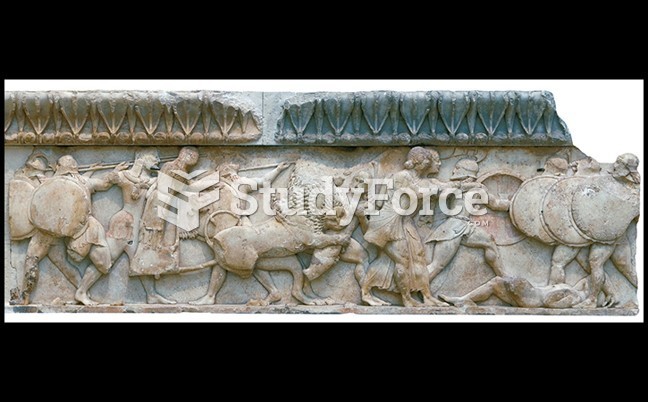|
|
|
The liver is the only organ that has the ability to regenerate itself after certain types of damage. As much as 25% of the liver can be removed, and it will still regenerate back to its original shape and size. However, the liver cannot regenerate after severe damage caused by alcohol.
The oldest recorded age was 122. Madame Jeanne Calment was born in France in 1875 and died in 1997. She was a vegetarian and loved olive oil, port wine, and chocolate.
Critical care patients are twice as likely to receive the wrong medication. Of these errors, 20% are life-threatening, and 42% require additional life-sustaining treatments.
The Centers for Disease Control and Prevention has released reports detailing the deaths of infants (younger than 1 year of age) who died after being given cold and cough medications. This underscores the importance of educating parents that children younger than 2 years of age should never be given over-the-counter cold and cough medications without consulting their physicians.
People with high total cholesterol have about two times the risk for heart disease as people with ideal levels.
 In the heat of the Battle of Lake Erie, Perry had to abandon his flagship, the Lawrence, which had b
In the heat of the Battle of Lake Erie, Perry had to abandon his flagship, the Lawrence, which had b
 Eighteen-year-olds were the largest age cohort in the first year of the war in both armies. Soldiers
Eighteen-year-olds were the largest age cohort in the first year of the war in both armies. Soldiers




